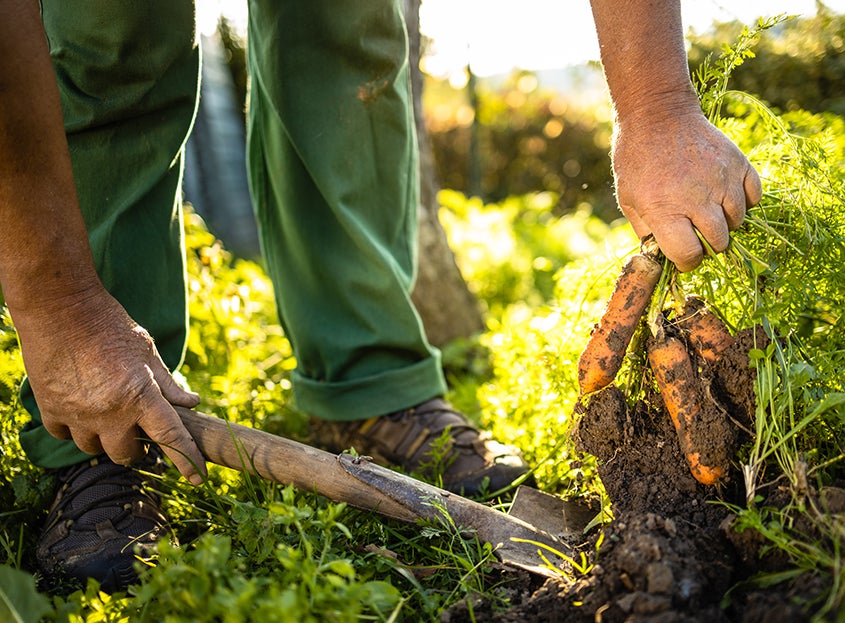How to Support the Earthquake Relief Effort in Syria and Turkey
A major international aid effort is underway in southern Turkey and northern Syria following the 7.8 magnitude earthquake that has killed thousands of people and left many thousands more injured.
Here’s how you can help, plus a few things to consider when donating to a crisis like this.
Organisations to Support
Here is a non-exhaustive list of organisations actively engaged in the efforts in Turkey and Syria:
Islamic Relief UK: In Turkey, this organisation is providing emergency medical assistance, shelter and cash grants to enable those worst affected to meet their immediate needs. In Syria, the organisation is providing health and medical supplies to hospitals and clinics, as well as blankets and tents for those made homeless by the quake.
Save the Children UK: In Northwest Syria, this organisation is partnering with other organisations to assess the scale of the damage to provide support children desperately need as the situation becomes clearer. In Turkey, the teams are planning to support affected communities with winterisation and emergency kits, including blankets and winter clothing.
Care International: This organisation is helping to provide food, water and other life-saving supplies to those affected by the earthquakes.
Médecins Sans Frontières UK: This organisation has been responding since hours after the disaster and is treating hundreds of injured patients at MSF-supported hospitals, donating emergency medical kits to healthcare facilities and providing support to those affected.
British Red Cross: This organisation has launched a crisis response operation and mobilised teams in more than 10 regions across Turkey, while the Syrian Arab Red Crescent is delivering assistance and support to those in need in the regions of Hama, Aleppo and Lattakia.
UNICEF UK: In Syria, this organisation is mobilising supplies and services to support the urgent needs of children and families and is ready to support the response in Turkey when requested by the government.
Tips for Disaster Giving
• Give to groups you know. Major international aid agencies often have the greatest impact in the immediate aftermath of a crisis given their scale. The main global humanitarian NGOs have already pledged support and will need continuing resources.
• Do some research before giving to groups you aren’t aware of. Lesser-known organisations still have an excellent impact, but be sure to check their accountability, transparency and reputation before donating.
• If you want to support smaller relief efforts, look into grassroots organisations who have extensive experience of running operations on the ground and are familiar with the local community. If you are unsure where to start, consider contacting your Embassy in the country for advice.
• After making an initial donation, think about long-term funding. Disaster emergency appeals play a vital role in helping alleviate immediate suffering, but the impact of humanitarian emergencies is felt long-term. Philanthropists often commit recurring resources to fill the funding gap that invariably follows the immediate disaster-relief.
All donations will be welcome in a humanitarian crisis like this, but make sure your donation is going to the right organisation. And remember that the situation can change rapidly so be sure to keep an eye on the latest events as the rescue operation develops.
For further information, please contact us.
NPT UK does not provide legal or tax advice. This blog post is for informational purposes only and is not intended to be, and shall not be relied upon as, legal or tax advice. The applicability of information contained here may vary depending on individual circumstances.
NPT UK is not affiliated with any of the organizations described herein, and the inclusion of any organization in this material should not be considered an endorsement by NPT UK of such organization, or its services or products.


